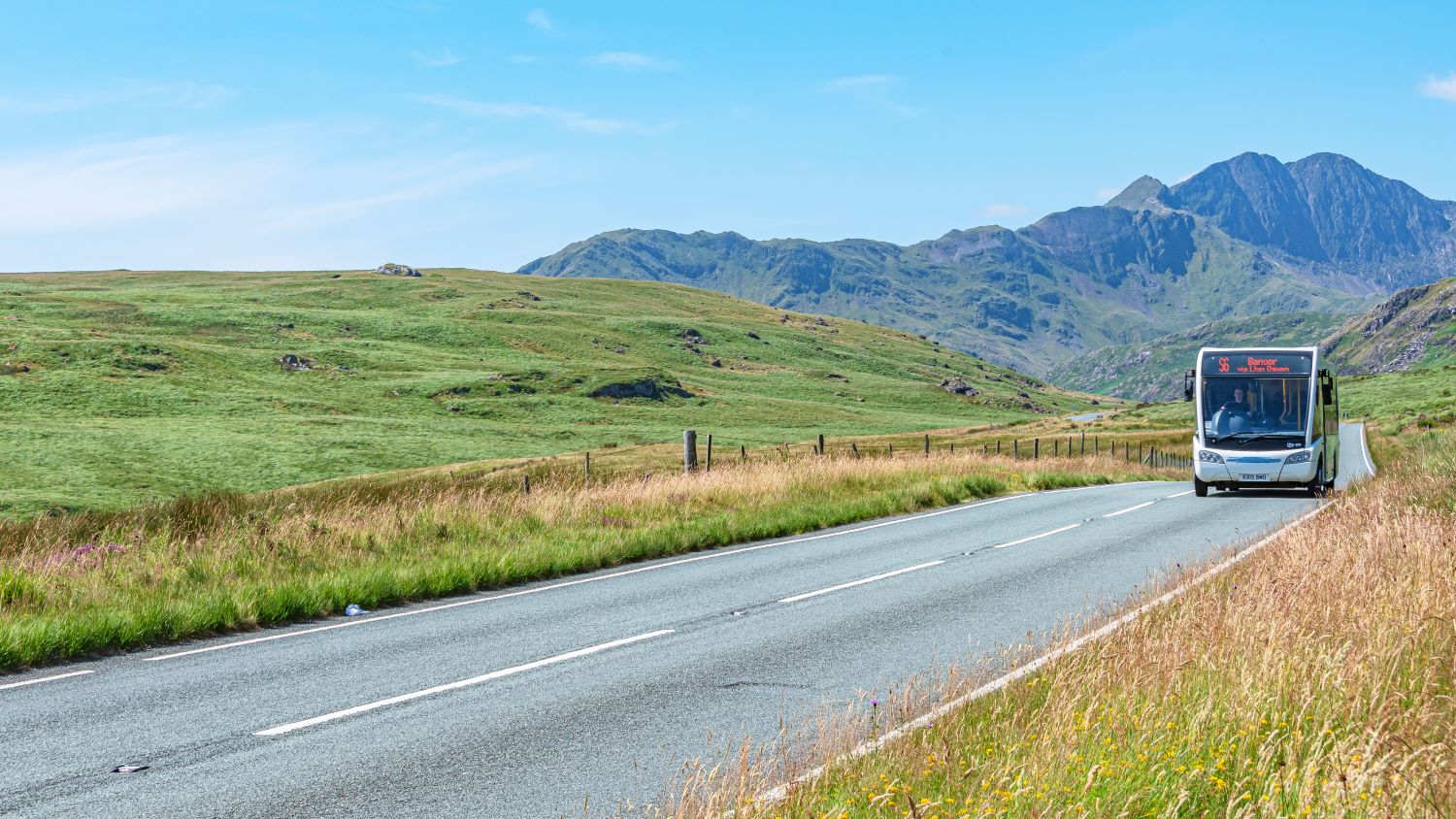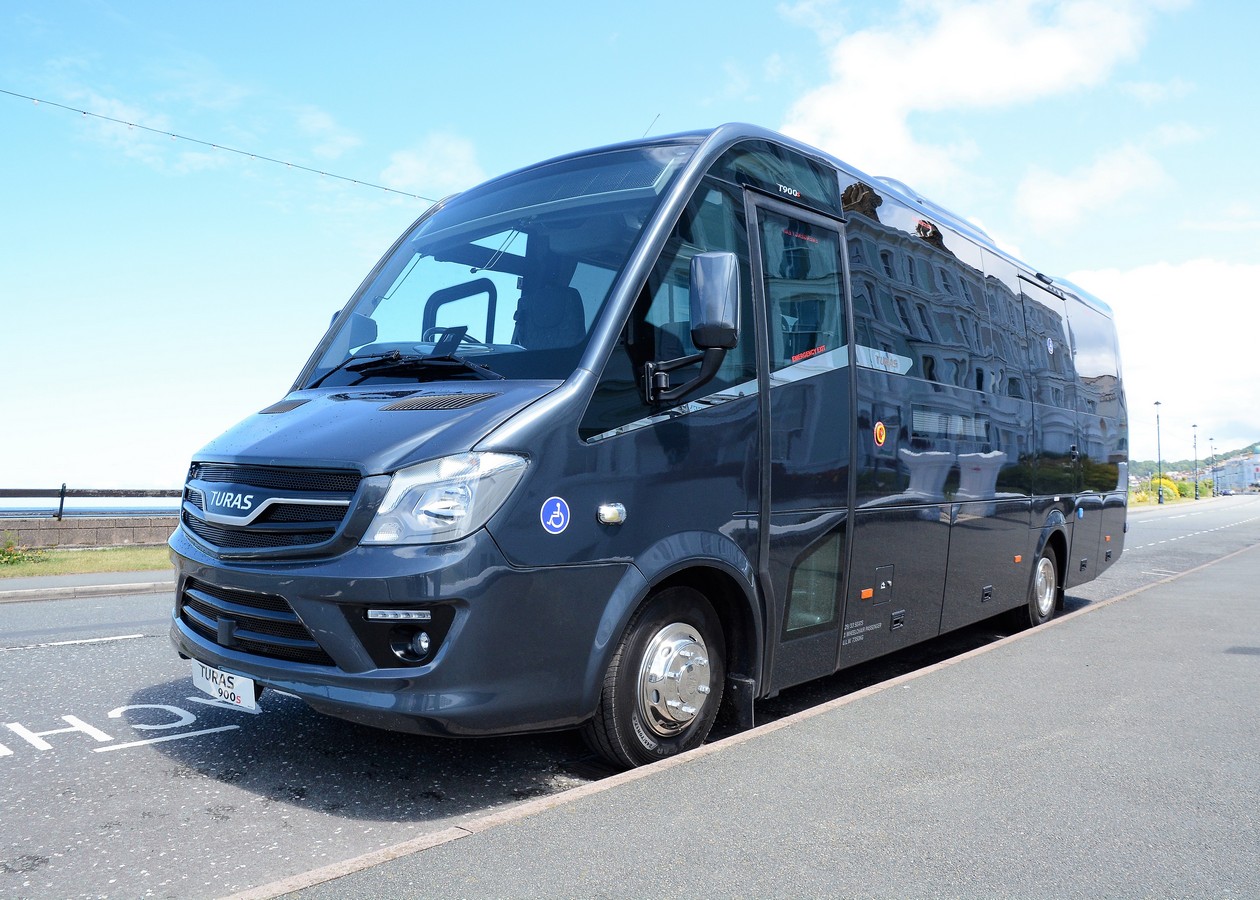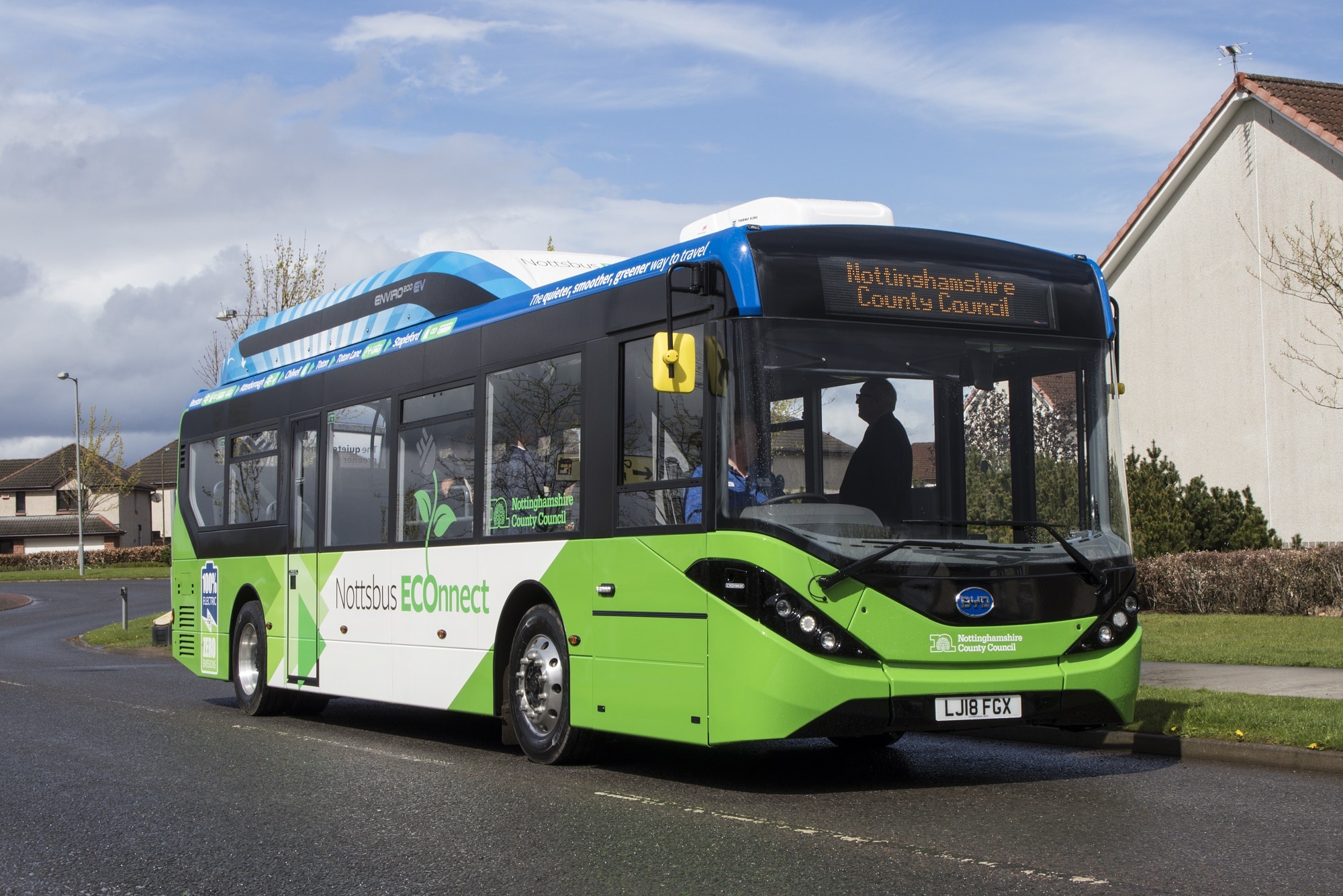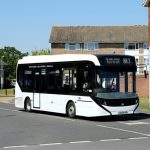We spoke to the new Director of Confederation of Passenger Transport Cymru, Aaron Hill, about the recent funding extension in Wales, franchise plans, DRT and reacting to changing bus usage patterns
It was against a backdrop of impending gloom that Aaron Hill was appointed Director of Confederation of Passenger Transport Cymru in February. The challenges of running a sustainable bus network in an era of changing public travel habits and recovery from pandemic-related lockdowns have been felt particularly in Wales.
However, a threat of the network being stripped to skeleton level was seemingly abated last month when the Bus Transition Fund was announced to replace the Bus Emergency Scheme, which is due to end on 24 July. Via the new scheme, £46 million is allocated for the current financial year towards maintaining non-profitable services.

The recent news of emergency funding to supplement the established Bus Services Support Grant might be described as a welcome end to the first chapter of Aaron’s involvement with the industry.
However, with Welsh Government plans afoot to franchise the bus network in Wales, it’s a potentially long and winding road ahead.
Speaking with a sense of relief regarding the latest funding announcement, Aaron, who had previously worked in policy leadership roles including as Head of Policy and External Affairs at Community Housing Cymru, says: “It’s good news for bus services and passengers in Wales.
“There’s been a lot of difficulty for the industry over the past couple of years as we’ve struggled to recover passenger numbers as a result of the pandemic. The industry would much prefer to be in a position that all services were running commercially but that’s not the position we’re in.
“The government support will mean that we can transition to a point where more services become commercial in the next financial year. It’s not the perfect package of funding, but we’ve worked hard with Welsh government and local authority partners in recent weeks to make sure that it will protect the vast majority of services.”
Franchise plans
Counteracting the difficulties of keeping services in a largely rural country in the black, the Welsh Government is bold in its mission to shift people from cars to public transport. Plans to franchise bus service delivery took a step forward last month with First Minister Mark Drakeford confirming the introduction of a Bus Bill to overhaul the network.
That builds on Welsh Government’s One network, one timetable, one ticket white paper published last year.
Aaron points out CPT Cymru’s position on franchising is one of acceptance and ensuring a smooth transition into it, even though it would have preferred a partnership route. Aaron adds: “Ministers in Wales often point to London as an example of successful franchising. But Wales isn’t London.
“The economies of Wales, the passenger numbers, the population density mean that you can’t just pick up a London model and apply it to Wales. You can’t even just take a Manchester model. Manchester isn’t Wales. Manchester isn’t even Cardiff. Cardiff’s smaller again.” However, he believes it is worth taking lessons from Jersey’s bus franchise scheme and Ireland’s mix of partnership and franchise.
One of the main areas of concern around financing would be whether it is deliverable in terms of budgets, given recent funding concerns in Wales, he says.
Adapting to the times
Although there is clearly a desire to win back passengers lost over the pandemic, Aaron agrees with Welsh Deputy Minister for Climate Change Lee Waters when he said some services may not recover.
The Welsh economy has developed differently to other parts of the UK, he points out, while also saying the switch to home working has been more pronounced there.
“That’s a reality which is probably now to some extent baked in and we can’t change it,” he says. “But that doesn’t have to be defeatist. I talk to operators every day who tell me that, actually, we’ve seen a real resurgence in the leisure market, so can we adapt the network so we pick up much greater patronage on the weekends?
“The network as it was going into COVID-19 wasn’t perfect. There is no perfect network. But the emergency funding essentially sustained that position for a very long time without a huge amount of adaptation that would have happened naturally, so we are in a position where the network has to adapt and we need to reflect that Welsh context and those changes in circumstances.”
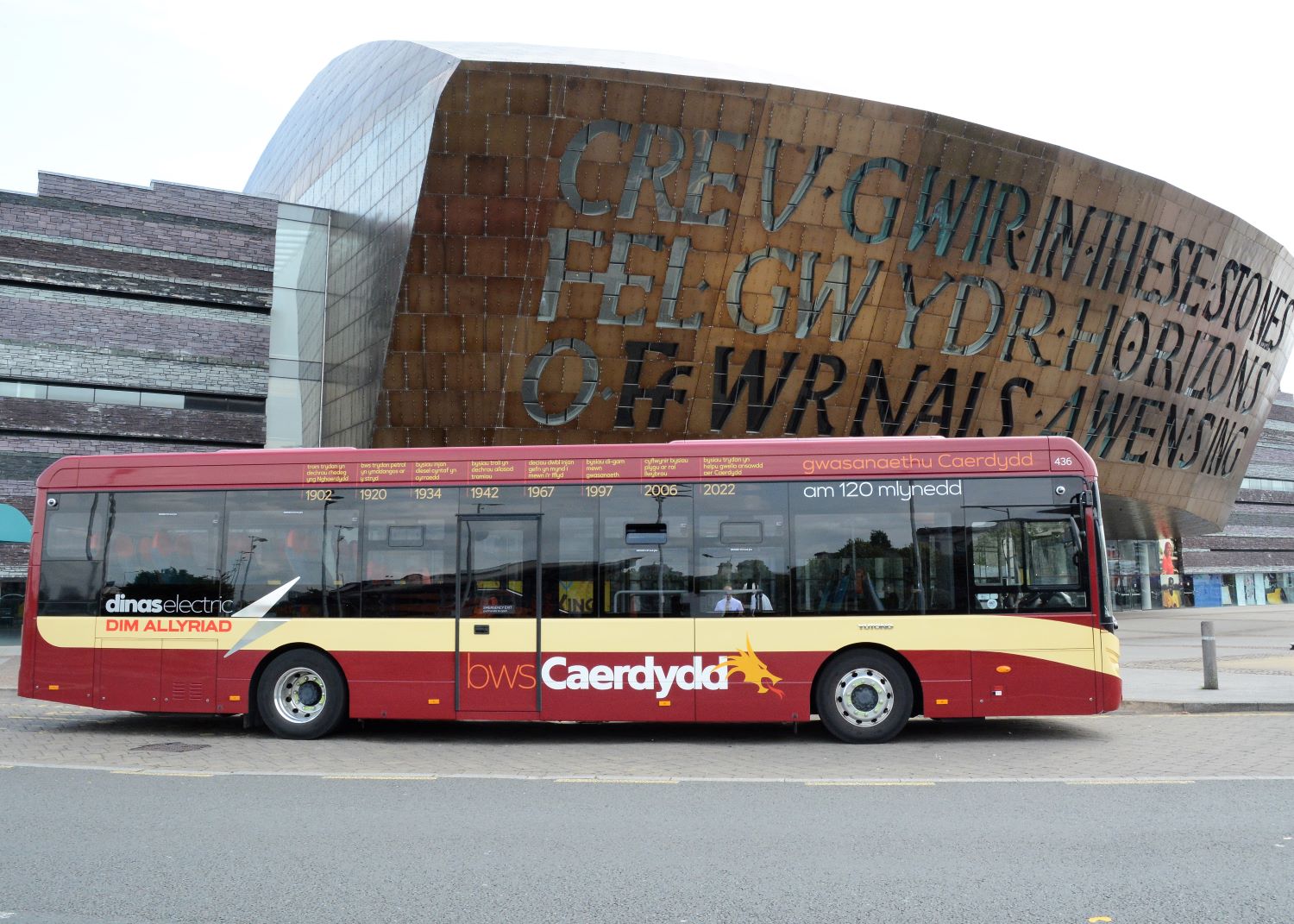
Concessions: holding back growth
Although overall patronage has returned to more than 90% of the level of before the pandemic, concessionary passholders have been slower to come back. For elsewhere in the UK this was put this spring at “high-60s or low-70s” per cent by CPT Director of Policy Alison Edwards.
Around the same time, Aaron was estimating 50-60% for Wales. He believes much can be done in this one key area affecting overall patronage. He is in talks with Transport for Wales and the Welsh Government over a campaign aimed at the public overall but which might need to centre on passholders.
DRT has mixed results
Demand-responsive transport (DRT) has been well explored in Wales via the Fflecsi concept and Aaron recognises this has worked in some areas much better than others. “I think the demographics and the geographical constraints, I suppose, that we have on us in Wales make it a particularly attractive solution in some rural areas where demand is difficult,” he says.
“CPT is undertaking some research across the UK at the moment on rural bus services and I think it will be interesting through that to draw out the role that DRT has within that.”
Collaboration is key
The bus service in Wales has exemplified the sort of collaboration which is easier in a small country, thinks Aaron. “It’s an industry which has competition at its heart with it being deregulated, but the way the industry has come together over the last few months and worked to find solutions towards the Bus Transition Fund feels very Welsh in spirit,” he says.
However, he adds: “I think probably where we might be able to do a bit better is looking up and outwards and learning the lessons. We can often look to Scotland and England, but there are lessons from elsewhere in Europe and the world.”
Aaron admits his first few months in the role have been challenging, but he is keen to now start looking more long-term. He says: “My attraction to public transport, having worked in health, housing and education, is I think it has a real role to play in social justice and tackling climate emergency.
“Having moved away from that funding uncertainty, I would like to be in a position to talk much more about that. All of our members in Wales recognise that we now need to be on the front foot and thinking about the future. So I’m looking forward to those conversations and that runs right the way through franchising, modal shift and clean-air issues — public transport has a huge role in that and buses in particular.”




















